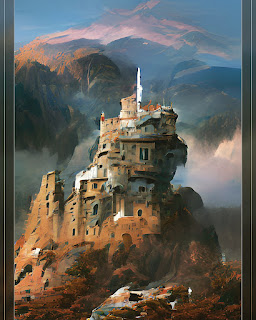
(Alessandro Manzoni (1785–1873). “I Promessi Sposi.”)

